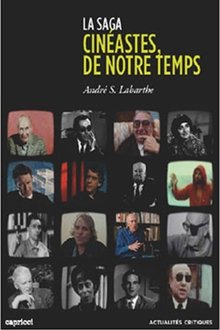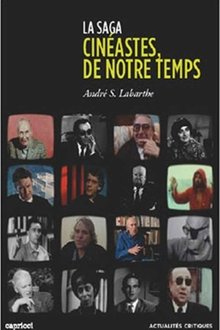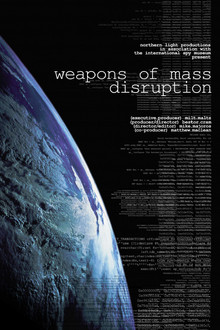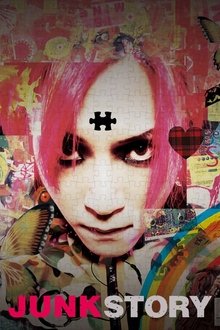Second Chance tells a story of Ukrainian orphaned children and the Canadian volunteers who spend their summers working along side them. The film follows first time volunteer and filmmaker, Adriana Luhovy, as she learns about the children and becomes witness to their strengths and resilience. Converging in Yaremche in the Carpathian Mountains of Ukraine, over 500 orphaned children come together from all over the country. At first quiet and fearful, they learn to trust one another and their counsellors. By countering heartbreaking statistics - 60% of orphaned girls are trafficked within the first year of leaving the orphanage; 50% of boys end up in jail; 10% commit suicide - the volunteers are dedicated to making a difference in the lives of orphaned Ukrainian children.
Related Movies

Oscar Peterson: Music in the Key of Oscar (1995)
This riveting music documentary traces the history of Jazz piano legend Oscar Peterson, from his early days as Montreal's teenage Boogie-Woogie sensation through his meteoric rise to international celebrity with Norman Granz and the ground-breaking Jazz at the Philharmonic and beyond. In this award-winning autobiographical portrait, legendary jazz pianist Oscar Peterson narrates his story, from his beginnings in smoke-filled Montreal clubs to hallmark performances with jazz greats. Concert footage includes an unforgettable combo -- Nat King Cole with Jazz at the Philharmonic and the Oscar Peterson Trio Wall reunion. Quincy Jones, Ella Fitzgerald and Dizzy Gillespie are interviewed, among others.
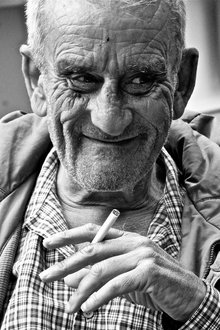
Un día con Leopoldo María Panero (2005)
After the publication of a CD book with the poems of Leopoldo María Panero, musicians Carlos Ann and Enrique Bunbury travel to the Canary Islands to meet the "cursed poet", who is hospitalized in the psychiatric hospital of Las Palmas.

The Medal of Honor: The Stories of Our Nation's Most Celebrated Heroes (2012)
The Medal of Honor is awarded for conspicuous gallantry and intrepidity at the risk of his or her life above and beyond the call of duty while engaged in an action against an enemy of the United States. This 6-part documentary chronicles the highest award given to military personnel for their extreme bravery, valor and harrowing sacrifices. Covering the Civil War through the wars in Iraq and Afghanistan, learn about the most courageous acts performed by the people who fight for American freedom. These are their stories...
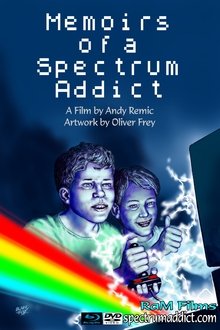
Memoirs of a Spectrum Addict (2017)
Memoirs of a Spectrum Addict is a full length documentary feature film which takes a detailed look at the ZX Spectrum, its history, developers, games and fans. The film is a unique tribute to the Sinclair ZX Spectrum. Memoirs of a Spectrum Addict has re-enactments, interviews like you’ve never seen before with major Spectrum industry figures, and features real people who grew up influenced by the Sinclair ZX Spectrum!
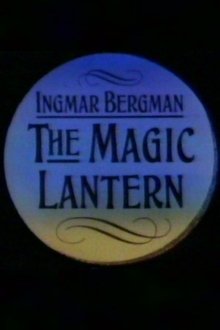
Ingmar Bergman: The Magic Lantern (1988)
The first of two documentaries about Ingmar Bergman produced to mark his 70th birthday. Includes behind the scenes "home movies" from Bergman's personal archive, interviews with Bergman recorded over his 40 years in the film industry and passages from his autobiography read by Max von Sydow and Bergman himself.
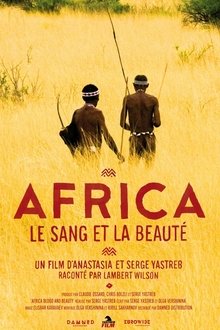
Africa, Blood & Beauty (2012)
This film speaks of archaic peoples, their customs and mores, in an attempt to make the last snapshots of their traditional lifestyles before they are gone for good.

Silent Echoes: College (2013)
This visual essay by John Bengtson, author of Silent Echoes: Discovering Early Hollywood Through the Films of Buster Keaton, reveals the locations where Keaton's 1927 comedy feature College was filmed in Hollywood, Los Angeles, and Orange County. A compilation of short films produced between 1917-1922. Coney Island (1917), Back Stage (1919), Convict 13 (1920) and Daydreams (1922).

After Haiyan (2014)
'After Haiyan' is a short film about the challenges faced by the Deaf community in Tacloban, Philippines accessing disaster relief, medical care, and basic services after Typhoon Haiyan, known locally as Yolanda.
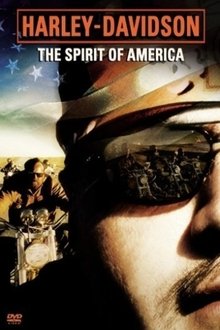
Harley-Davidson: The Spirit of America (2005)
Hop on a Harley for this tour of the nation's highways and byways with other motorcycle enthusiasts by your side. This documentary examines the cult of Harley-Davidson and its followers, who traverse America free and unencumbered on their beloved "hogs." Viewers will make a side trip to South Dakota for the Sturgis Motorcycle Rally; celebrate Harley's 100th anniversary in Wisconsin; join the 9/11 Patriot Ride and the Love Ride; and more.
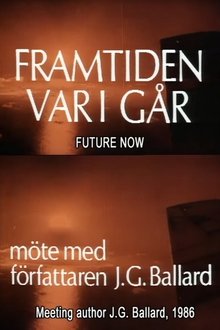
J.G. Ballard: The Future Is Now (1998)
The Future Is Now was produced for Swedish television and has Ballard as the only protagonist and his house as the main decoration.
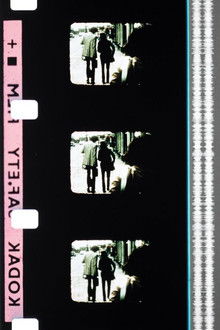
The Great Ice-Cream Robbery (1971)
Two screens of film about - and sometimes shot by - Claes Oldenburg, detailing his inspiration, his methods and his relationship with his partner Hannah Wilke.

Air Guitar Nation (2006)
If your bedroom has become too small a stage for your air guitar antics, take inspiration from the competitors featured here as they battle their way from the inaugural U.S. Air Guitar Championship to the world championship in Oulu, Finland. Along the way, filmmaker Alexandra Lipsitz documents the fierce rivalries that develop as would-be rock legends vie for top honors in technical accuracy, stage presence and "airness."

Spotlight on Merna (2016)
Taking part in The Voice Kids is already quite something, but for 11-year-old Merna it’s really something special. Her parents had to flee Iraq because they are part of the Christian minority, and IS was threatening to kidnap Merna. They now live in Lebanon, where one in three people is a refugee. The family has been waiting for two years for permission to move on. FaceTiming with her older sister, who stayed behind in Iraq, and cooking her favorite dishes with her mother make the situation more bearable. But what also really helps is singing – this calms Merna and makes her less afraid. She used to sing only in church, but since The Voice her beautiful, melancholy voice touches everyone. Because of her status as a refugee, Merna isn’t allowed to attend the foreign performances with the other finalists, but she’s now a national celebrity in Lebanon.

Two Headed Cow (2006)
Eighteen years in the making, two-headed cow started off as a black and white film that followed Dexter Romweber and his drummer Crow on a rock and roll tour along the same route as General Sherman. The film was not finished due to many circumstances, but the filmmakers were able to resume the film seventeen years later. After major TV appearances, a stint on a major label, bouts of depression and drug addiction, the film took on a different tone and poignancy.

